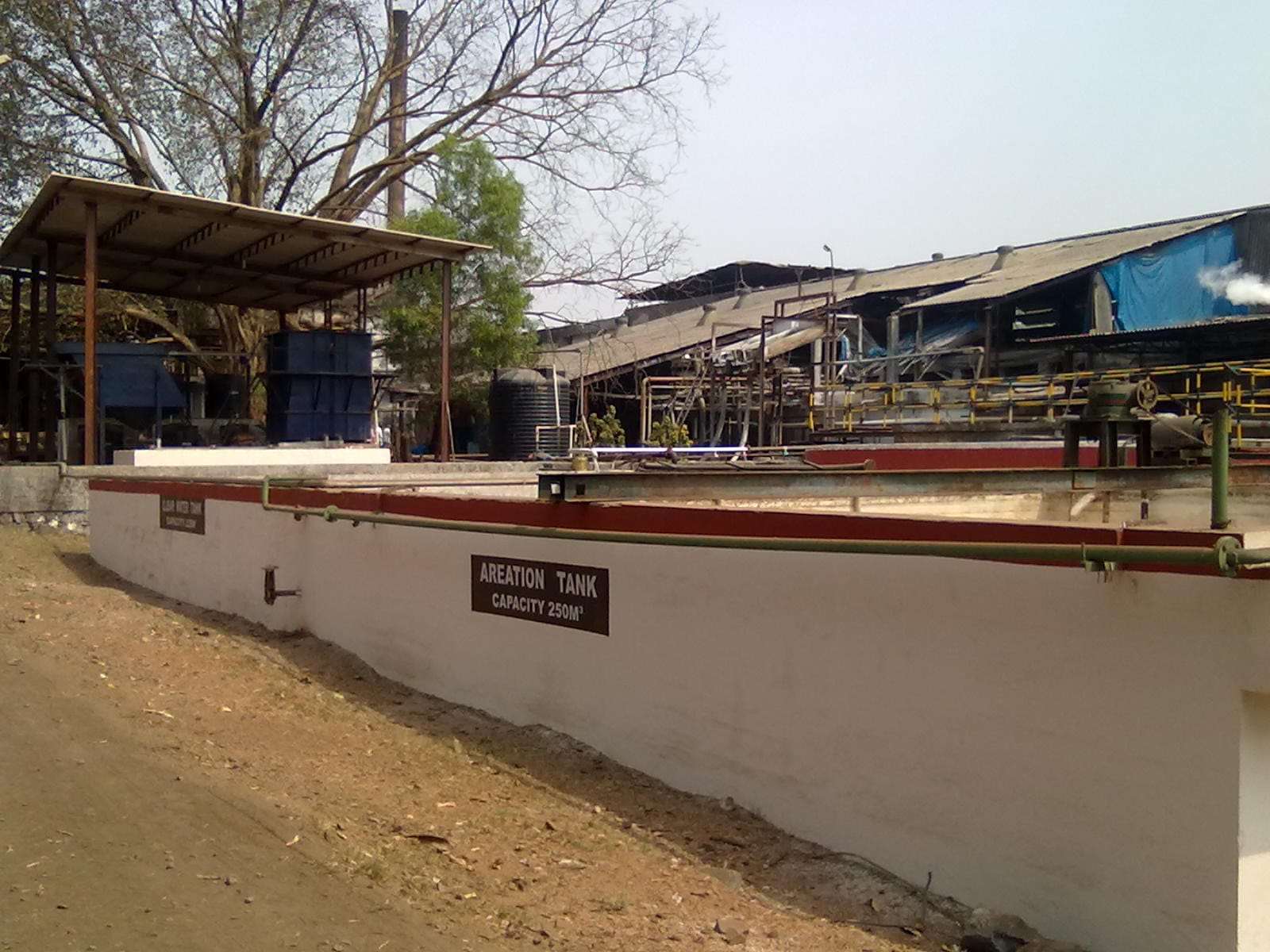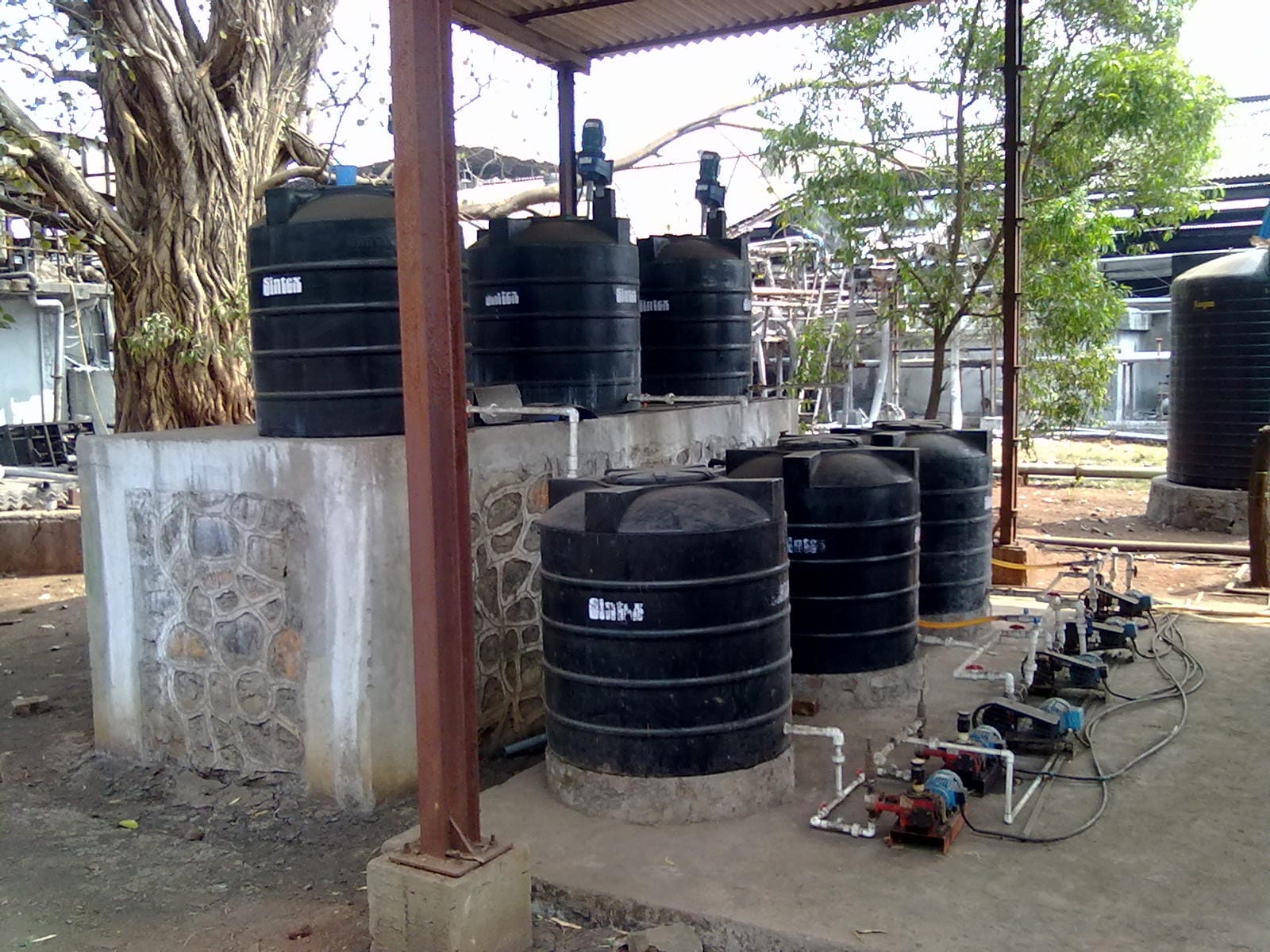EFFLUENT TREATMENT PLANT (ETP)
Biological Treatment


Biological Treatment
Biological Treatment is a crucial process in wastewater treatment where microorganisms (bacteria, fungi, or algae) are used to break down and remove organic matter, nutrients (such as nitrogen and phosphorus), and other pollutants from wastewater. It is widely applied in both municipal and industrial wastewater treatment plants, particularly for effluents with a high content of biodegradable organic materials.
Advantages of Biological Treatment:
The following steps are involved in basic wastewater treatment:
- Cost-Effective:Biological processes are often less expensive than chemical treatment methods for removing organic pollutants.
- Sustainable:Anaerobic systems produce biogas, which can be captured and used as a renewable energy source.
- Natural Process:Uses natural biological processes without requiring the addition of harmful chemicals.
A Biological Treatmentis a vital and sustainable method for treating wastewater, particularly when the effluent contains organic pollutants. It supports both environmental protection and resource recovery, especially in the case of anaerobic processes that generate renewable energy
